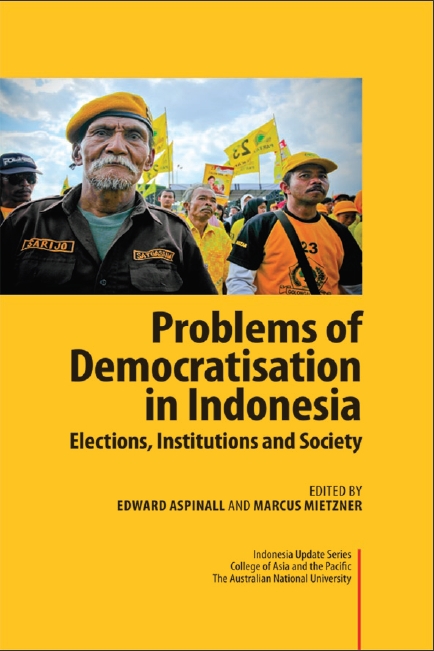Review: A new edited collection examines the challenges still facing Indonesia’s democratic project
<br
Harold Crouch
 |
Twelve years since the fall of the New Order regime Indonesia’s journey to a free democracy is in great part, a success story. This timely new book, based on papers originally presented at the 2009 Indonesia Update conference under the auspices of the Australian National University’s Indonesia project, presented an opportunity for experts with a deep knowledge of Indonesian politics to reflect on the recent general and presidential elections. The focus of their discussion and investigation was related to the larger question of the problems remaining within Indonesia’s democratisation. The contributors to the conference and book – both Indonesian and non-Indonesian generally appreciate the progress that Indonesia has made in its transition from Suharto’s authoritarian rule, but they are also very aware of what has yet to be achieved. The title of the volume reflects this ambivalence.
Elections and the party system
In assessing the quality of the 2009 elections the two editors describe the elections as ‘competitive but flawed’ while the title of Rizal Sukma’s chapter, ‘Defective System, Resilient Democracy’ points to both shortcomings and achievements. Rizal mentions, among other defects, the absence of millions of voters from electoral rolls, the inclusion of many fictitious voters, and even the irregular inclusion of some members of the armed forces. But he says that the elections ‘were generally agreed to be











